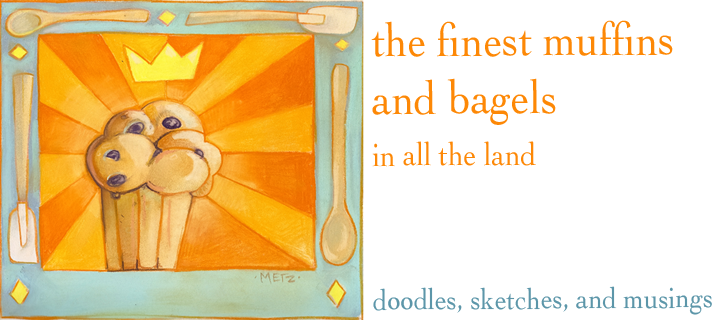My favorite author (of grown-up books, at least) is
Barbara Kingsolver. If you ever scroll all the way to the bottom of this blog, you'll see a quote of hers about artmaking. I think she's utterly brilliant, and love the not just the stories she has to tell, but the way she tells them. I've read everything she's ever written, including novels, nonfiction, and poetry--well, all except for her first book, about women mine workers. Haven't gotten around to that one yet. My favorites are
The Bean Trees and
Animal Dreams.
I also haven't yet read her newest novel,
Flight Behavior, but it's right there at the top of my reading list. She recently kicked off her book tour here in DC, at the Washington National Cathedral, and I went to see her. She read a bit from the beginning of
Flight Behavior, then did a little Q&A. A few minutes into the conversation, I pulled out a pen and started scribbling on my program. This was stuff I wanted to remember. It's been several weeks, so some context might have been lost, but at long last I'm transcribing my notes. I figured this was as good a place as any to keep them, in case others might be interested, too.
On fiction as a change agent
Her best response to the issues of the day is to write a novel. Nonfiction reaches those who are already convinced of the importance of something, but fiction reaches a different audience. "It doesn't just tell you what to think; it asks you what
you think." Stories enter through your heart not your brain.
On how we learn
"We think we're rational, but we absorb our truths from people we trust." We all do it. So cultivating trust is the key to productive conversations.
On being a scientist who writes novels
She feels her scientific education serves her well as a novelist, and sets her apart as a fairly unique writer. Structuring an experiment can be easily compared and translated to structuring a novel. In some ways, creating plot is like performing experiments on her characters.
On fiction writing in general.
She starts with an idea, some truth she wants to talk about, then comes up with a plot. After that come the characters, followed by their backstories. "Fiction is made of details."


Glad you posted this! I particularly like the part about fiction as an agent of change, as opposed to the thought that fiction is "trivial" compared to nonfiction. I have learned so much from so much of the fiction I have read. Thanks, Barbara Kingsolver, for the validation!
ReplyDeleteHi Elizabeth, your dad pointed me to your blog. You do beautiful illustrations! Kingsolver is one of my favorite authors as well - The Poisonwood Bible is my favorite, but I'm a fan of all her work. And as a wannabe novelist, I appreciate you sharing Kingsolver's thoughts on fiction!
ReplyDelete